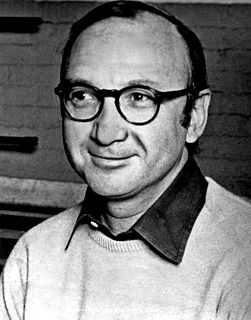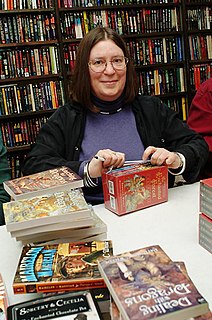A Quote by Neil Simon
You get attached to the way you write, and I'm attached to notebooks. That's where I really write the plays. Just two or three pages at a time, then I transfer to the typewriter and rewrite while I type.
Related Quotes
Transcendence or detachment, leaving the body, pure love, lack of jealousy-that's the vision we are given in our culture, generally, when we think of the highest thing. . . . Another way to look at it is that the aim of the person is not to be detached, but to be more attached-to be attached to working; to be attached to making chairs or something that helps everyone; to be attached to beauty; to be attached to music.
I write on a computer, but I've run the complete gambit. When I was very young, I wrote with a ballpoint pen in school notebooks. Then I got pretentious and started writing with a dip pen on parchment (I wrote at least a novel-length poem that way). Moved on to a fountain pen. Then a typewriter, then an electric self-correct. Then someone gave me a word processor and I was amazed at being able to fit ten pages on one of those floppy discs.
I loved getting my M. B. A., and I really enjoyed being an accountant and financial analyst before I quit my day job twenty-five years ago to write full time. I just liked writing more…plus, I knew even then that as a full-time writer, I'd get plenty of chances to do business-type stuff, while as an accountant, I probably wouldn't get a lot of opportunities to write about dragons.
I'm not typing. I write only by longhand. I've always written first drafts by hand and then once I was into a second or third draft I wrote insert pages on a typewriter. But I got rid of all my typewriters about three or four novels ago and now I do everything by hand. I write by hand because it makes me go slow and going slow is what I like.
I write fiction longhand. That's not so much about rejecting technology as being unable to write fiction on a computer for some reason. I don't think I would write it on a typewriter either. I write in a very blind gut instinctive way. It just doesn't feel right. There's a physical connection. And then in nonfiction that's not the case at all. I can't even imagine writing nonfiction by hand.
When I'm writing a script, before I can write dialogue or anything, I have two or three hundred pages of notes, which takes me a year. So, it's not like "what happens next." I've got things that I'm thinking about but I don't settle on them. And if I try to write dialogue before then, I can't. It's just garbage.






































